When Vulcan Post was invited to a media tasting at Aleeya, the first thing that stood out to me was their halal wine.
Admittedly, I had low expectations—I assumed that the wines would just taste like grape juice. And pairing them with Malay-Indonesian cuisine? I wasn’t too convinced if the combination would even work.
Yet, I was left pleasantly surprised. The red and white halal wines we had tasted pretty much like the real deal, just that they were a tad lighter on the tastebuds.
And they also paired really well with the food—they complemented the bold, rich flavours of the dishes we tried. But how do these wines maintain the same flavour as regular wine?
Why pair wine with Malay-Indonesian food?
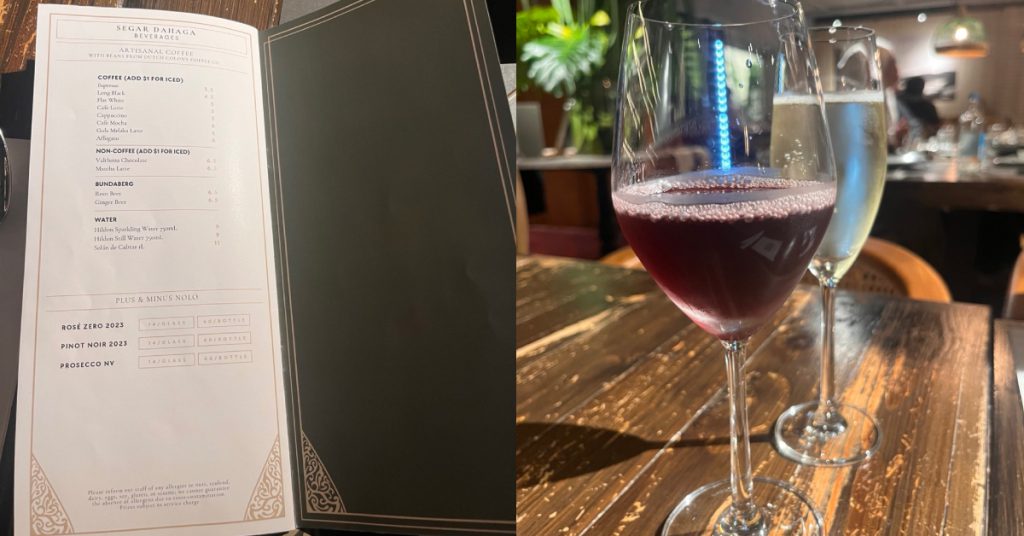
Aleeya’s wines are made in the same way as traditional wine, so no flavour is lost in the production process. The key difference comes at the final step, when they dealcoholise the beverage.
Dealcoholisation is commonly carried out through a process called vacuum distillation, which allows the alcohol in wine to evaporate at much lower temperatures. This ensures that the wine’s characteristics are not altered by heat, safeguarding the flavour and aroma of the beverage.
Another method that is often used is reverse osmosis, which separates alcohol and water from wine, while preserving its flavour compounds. These separated flavours are then blended back with the wine’s base, resulting in a non-alcoholic product that maintains its original taste.
Through these methods, Aleeya ensures that its wines retain the full-bodied flavours of traditional wines, while catering to consumers who do not consume alcohol.
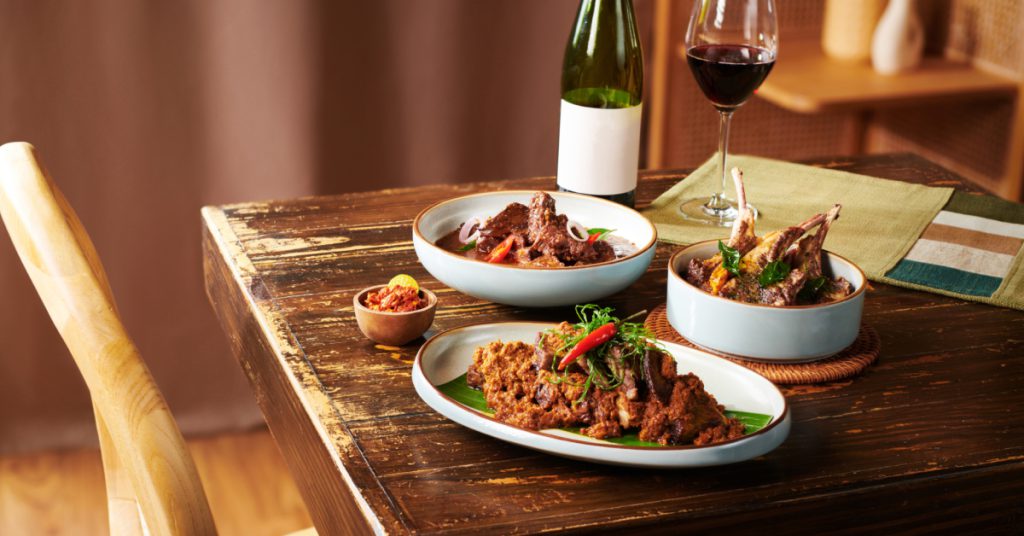
But the restaurant’s halal wine isn’t the only “new experience” it wants to offer to the local community.
If you look closely at their menu, you’ll find familiar dishes reimagined with unique twists, like the Asparagus Goreng Belacan and Dendeng Wagyu Belado.
Behind the venture is three family members—Hairul Isa, Najeeb Ali, and Reza Ali—who saw a gap in the market for Malay cuisine.
Most choices in Singapore either lean towards fine dining or casual hawker fare, hence, the trio is seeking to fill this gap with Aleeya, by offering a “more refined dining experience” for mid-range diners.
The founders have worked in F&B for over 10 years
All three founders of Aleeya have been extensively involved in the F&B industry over the past decade.
Though Hairul started his career working for an MNC in the logistics and supply chain industry, he decided to venture into F&B as a side hustle together with Reza back in 2010.
The latter had picked up cooking skills from his parents, who were previously involved in the catering and wedding events industry.
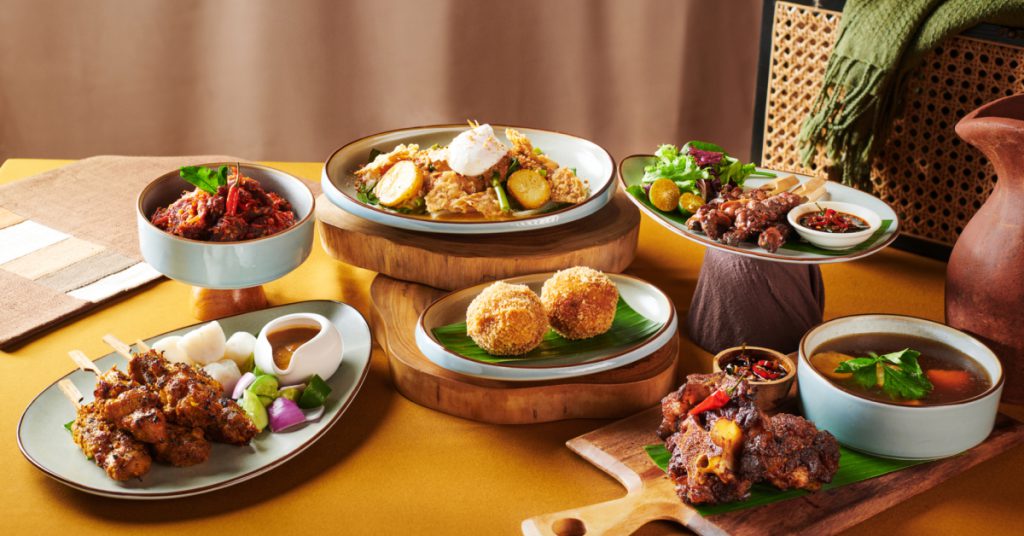
Hairul and Reza started out by investing S$30,000 from their personal savings to start a Nasi Padang kiosk at a polytechnic. “Back then, [the venture] was meant to be [a source of] passive income [for me] while I still worked at the M&C,” shared Hairul.
Unfortunately, their business struggled and lasted only a year. Undeterred, Reza suggested that they try their hand at night market pop-up stores during festivals like Ramadhan.
Their street food offerings became an immediate hit, and this success drove the two of them to explore more opportunities in the space, though they each pursued their own path.
Reza established his own business specialising in Middle Eastern and Malay cuisine, providing catering services and cooking for major events at venues like Expo and Suntec, while Hairul went on to start up various F&B brands across the city-state over the past seven years.
These ventures include Asian smokehouse Cherry & Oak, Asian fusion restaurant Walaku, cafe and brunch spot Mondays, as well as artisan dessert shop The Brulee.
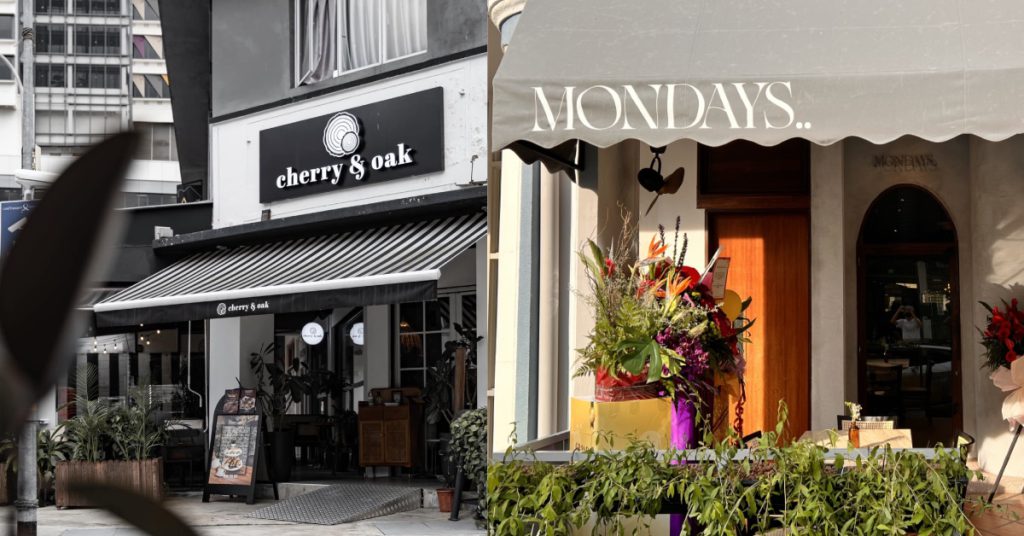
The idea to start Aleeya came during a trip abroad, when the duo, joined by Najeeb, savoured an array of Malay-Indonesian dishes.
“As we enjoyed the food, we realised that there was a lack of such offerings in Singapore,” shared Hairul.
This led Najeeb, who’s had experience working in hotels and restaurants including Marina Bay Sands, to leave full-time employment and join the duo to start Aleeya.
Singapore’s F&B space still has “many opportunities”
The name Aleeya is a tribute to Hairul’s late father-in-law and mother-in-law. It is a combination of both their names: Ali and Dahlia.
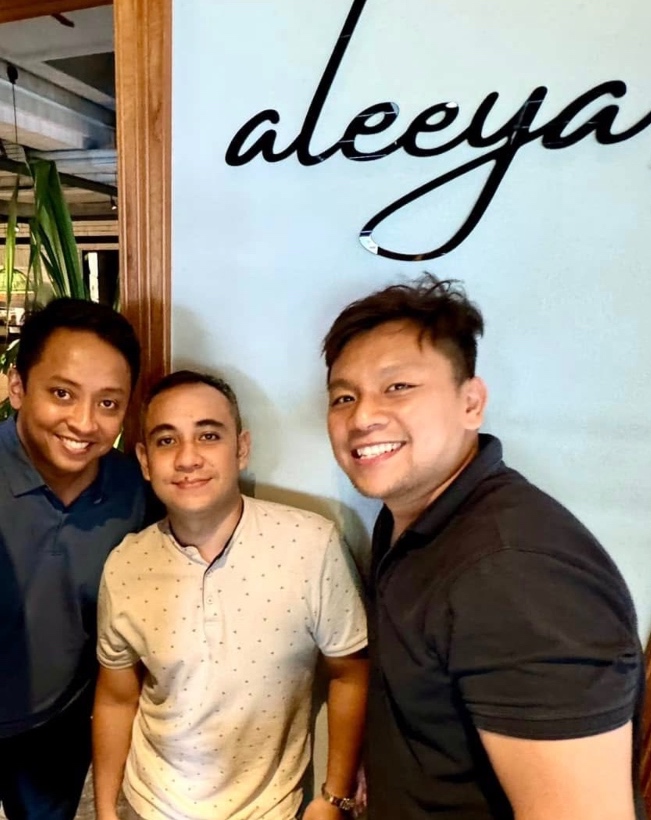
The restaurant’s dishes are made from scratch in-house, from the spices and pastes to the sambal. Each one demands hours of cooking, but the effort is worthwhile according to the trio as they follow recipes that were passed down by Ali and Dahlia.
However, they have also chosen to modernise some of their offerings and including options like halal wine to strike a balance between preserving tradition and appealing to modern tastes.
Alcoholic beverages are typically paired by western cuisines, but when we tried pairing the dealcoholised wine with Malay cuisine, it surprisingly went well. Our halal wines are well received, especially by the younger crowd.
Hairul Isa, founder of Aleeya
Though Aleeya has only been open for four months, Hairul shared that the restaurant has already attracted many regulars, including some Ministers.
Looking forward, he is confident that there are “many opportunities” in Singapore’s F&B industry, particularly when it comes to halal cuisine. Hairul hopes to be able to build and execute more concepts like Aleeya in the coming years.
- Find out more about Aleeya here.
- Read other articles we’ve written about Singaporean startups here.
Featured Image Credit: Aleeya

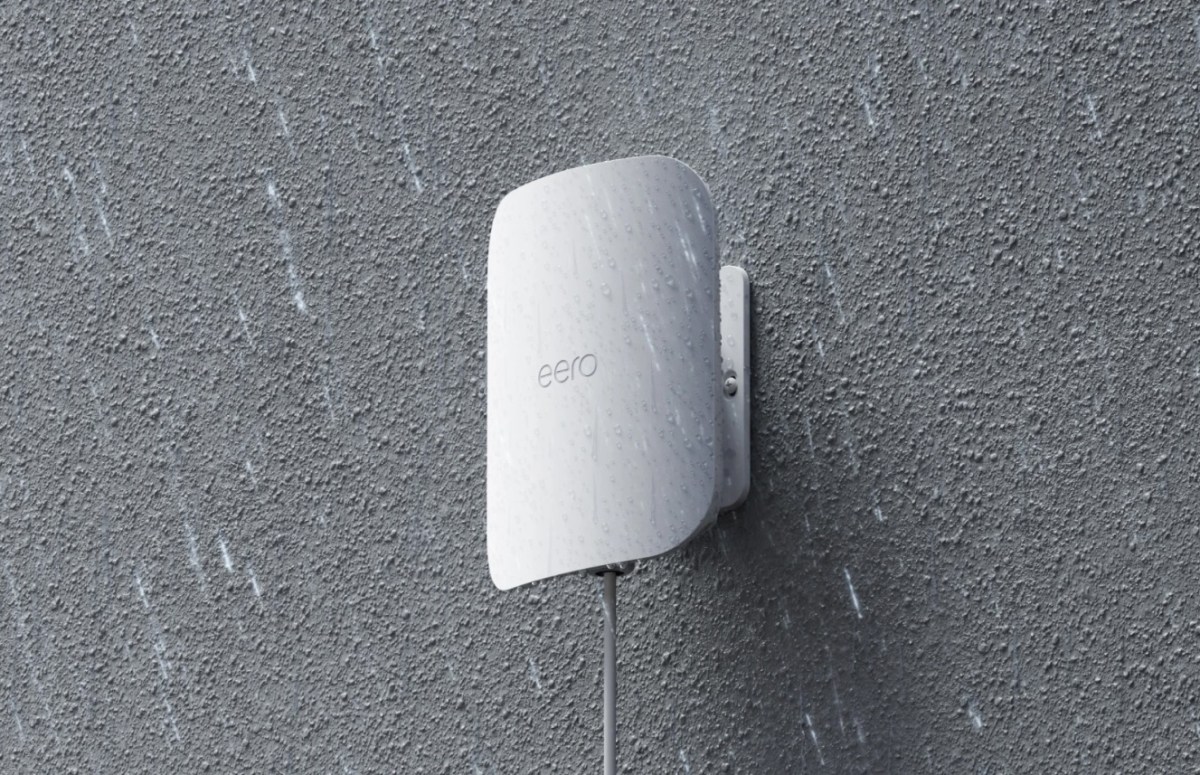






Leave a Comment